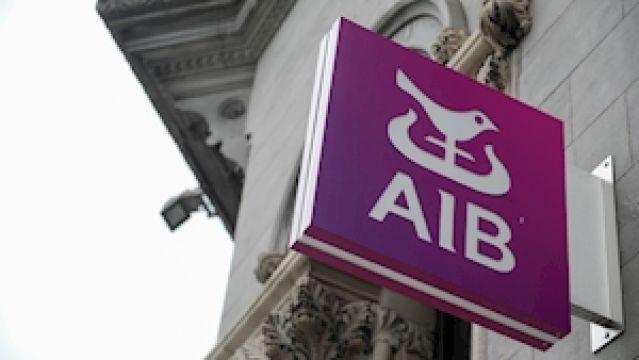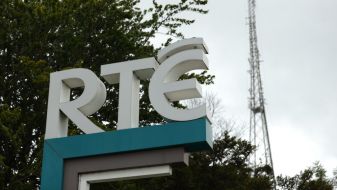A Supreme Court ruling has cleared the way for investors to pursue key claims in their actions against AIB over losses sustained after investing in certain Belfry funds promoted by the bank.
In a significant judgment on Thursday on preliminary issues in eight "pathway" cases in the litigation, the Supreme Court overturned a Court of Appeal finding that key aspects of the plaintiffs claims were statute barred - brought outside the relevant six-year time limit.
Some 300 investors have sued over losses sustained after they put money into five Belfry Funds which invested in commercial property in the UK. The investors say they invested sums between €100,000 and €400,000 in the funds which they allege were promoted between 2002 and 2006 by AIB and four directors of various companies in the Belfry Properties group, including property investor Tony Kilduff, and a former head of AIB private banking, John Rockett.
Following the collapse of the funds, they initiated claims in August 2014 seeking damages on grounds including alleged negligence in the operation of the funds.
The defendants, separately represented, deny the claims.
Appeal
Last year, the Court of Appeal (COA) granted an appeal by AIB and the defendant directors against an April 2017 decision by then High Court judge, Mr Justice Robert Haughton on an important preliminary issue.
The COA overturned Mr Justice Haughton’s decision the investors were not statute barred in their claims of misrepresentation and negligent statement arising from the existence, and alleged non-disclosure, of Loan To Value (LTV) covenants in the borrowings negotiated on behalf of the Belfry investment vehicles by the defendant directors.
The plaintiffs appealed the COA decision to the Supreme Court.
In its judgment on Thursday, the five judge court overturned the COA decision and endorsed the High Court decision.
Giving the judgment, Mr Justice Donal O’Donnell agreed with views of several judges over years about the need for legislative reform concerning what amounts to “damage” and when, accordingly, a cause of action accrues.
State of Limitations
Section 11(2)(a) of the State of Limitations Act 1975 provides an action founded on tort shall not be brought after six years “from the date on which the cause of action accrued”. In most cases, the negligent act or omission occurs at the same time but the requirement for a negligent act/omission and damages raised the possibility that, in some cases, damage may not occur until some time after the negligent act, he said.
The case law concentrates, of necessity, on the accrual of a cause of action in negligence and the problem of “undiscovered, and perhaps undiscoverable” claims in respect of other causes of action “remain unresolved and unaffected”.

In the absence of any legislative reform, the law must develop incrementally, necessitating a close focus on the facts of individual cases, he said.
Belfry funds
In this case, the outcome produced was “somewhat random”. The outcome was that claims of mis-selling concerning the Belfry 2 and 3 funds can continue while claims for mis-selling related to investments which were later in time, the Belfry 4,5 and 6 funds, are statute barred.
Investors in all five funds may proceed with claims of alleged failure to disclose Loan To Value (LTV) covenants, the judge held. Those claims must be taken as contending the negotiation of loans containing those covenants caused separate and distinct damage, that the covenants had the effect of reducing the value of the investments to zero and it was only at that point the cause of action commenced.
The High Court was correct to hold it had not been established the claims made by all the appellants in this regard were statute barred, he held. It had not been shown the LTV covenant had a negative effect on the valuation of the investment before August 2008, which was less than six years before the proceedings commenced.







